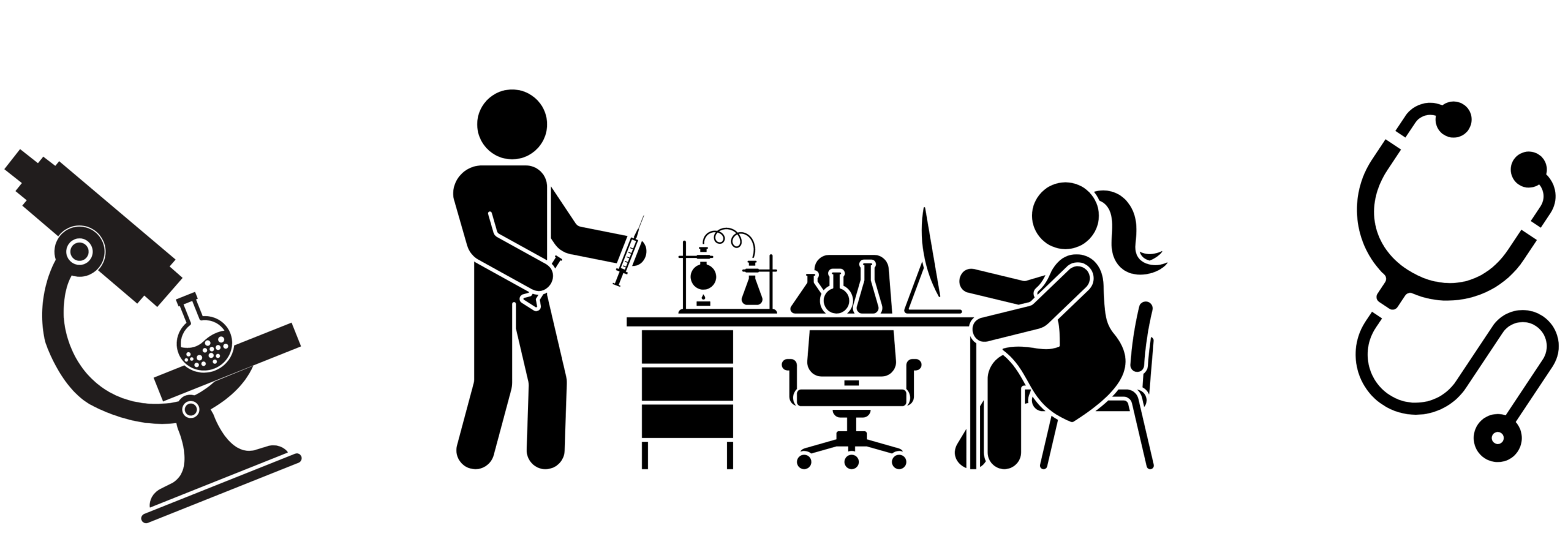
The emergence and persistence of public health threats (infectious diseases, vector-borne diseases, zoonoses, antimicrobial resistance, environmental pollution, etc.) call into question the need to develop innovative and sustainable solutions based on the principles of the One Health approach. . Indeed, One Health is a collaborative, multi-sectoral and transdisciplinary approach working at local, regional, national and global levels to achieve optimal health (and well-being) outcomes by recognizing the interconnections between people, animals, the plants and the environment they share. This involves taking into account, for example, biodiversity, the dynamics of animal reservoirs, anthropogenic pressure, socio-cultural realities in the development of public health strategies and interventions, diagnosis, prevention and management. disease control. This sub-theme will take into account the following aspects:
*Epidemiology and fight against diseases with epidemic potential and zoonoses;
*Epidemiology and control of vector-borne diseases;
*Biotechnologies and innovative vector control methods;
*Early diagnosis and rapid response in preventing the spread of infectious diseases;
*social sciences for disease control.

Traditional medicine is one of the areas par excellence of endogenous knowledge and constitutes an important part of health care in many regions of the world including sub-Saharan Africa. For millions of people, particularly those living in remote and rural areas, and facing health, security and humanitarian challenges, it remains the first choice for health and well-being, providing culturally acceptable care, available and affordable. For populations in underdeveloped countries, it is generating a real revival of interest. However, one of the major challenges facing traditional medicine remains the need to have scientific data to inform policies on practices, standards and international regulations in order to guarantee safety, quality and equitable access. Through the sub-theme “Endogenous knowledge in health and development of phytomedicines”, JSI_2024 intends to stimulate discussions on the results of ongoing research in the development of human and veterinary phytomedicines in order to respond to the major challenges of accessibility to medicines. in a context of population resilience in the face of multiple crises. It is mainly expected to produce research results on ethnobotany, phytochemistry, biological properties of medicinal plants and other raw materials for traditional medicines, galenics and sociology, etc…




